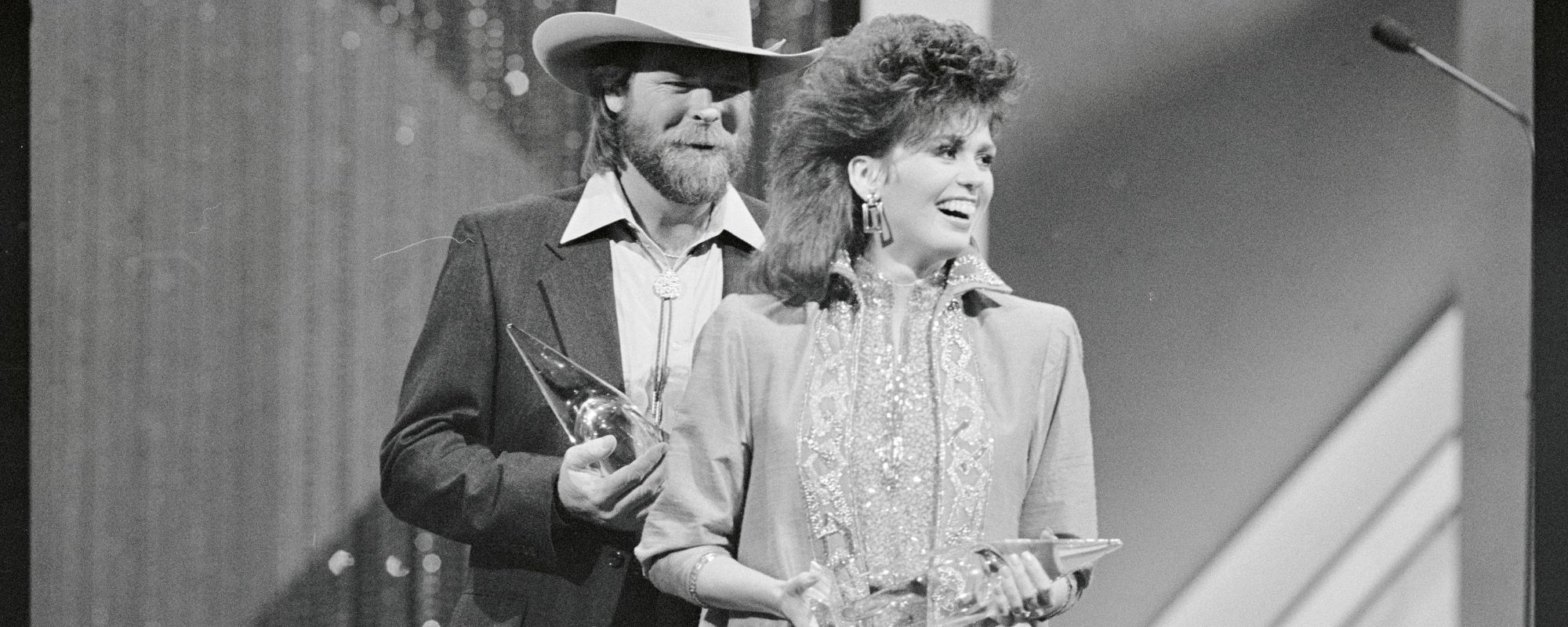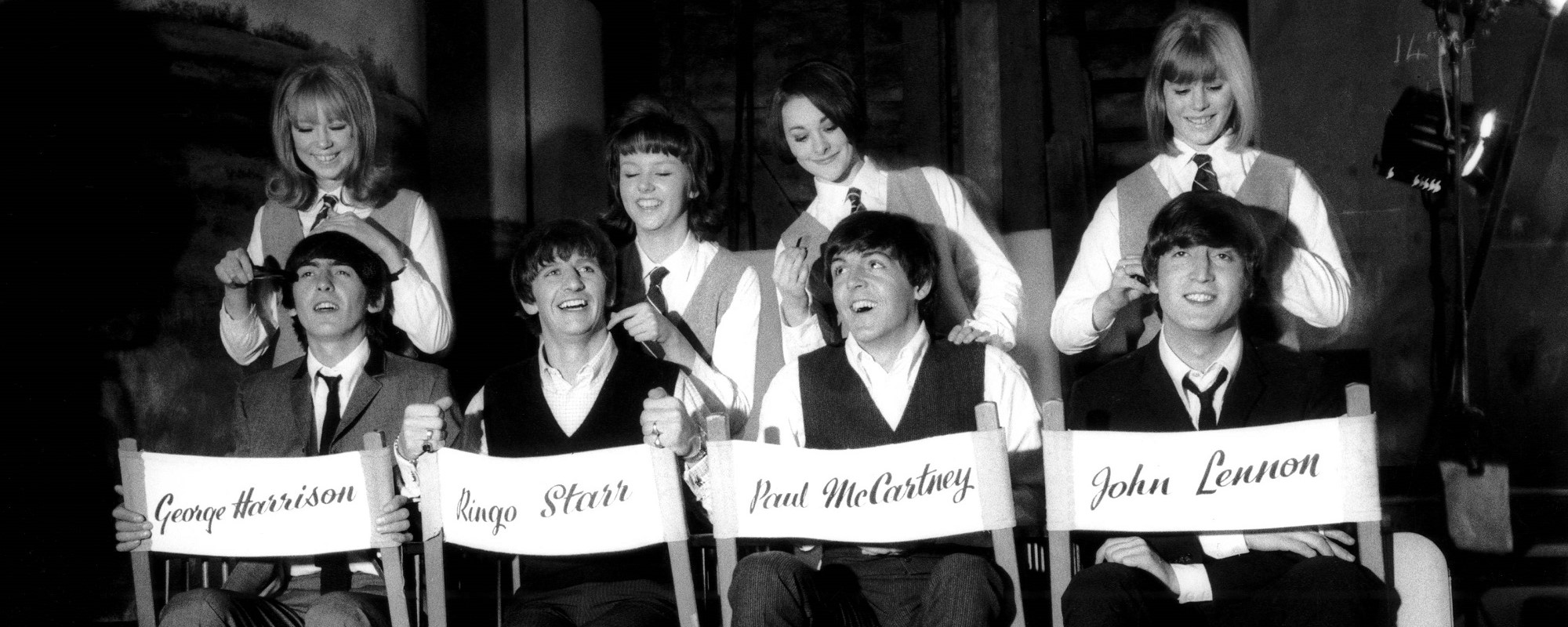We often associate centuries-old societies with solemnity and gravitas, but as the iconic Classical composer Mozart once demonstrated through a poultry prank on a soprano soloist, petty behavior has been a standard part of the human condition for hundreds and hundreds of years. The opera that featured the alleged hijinks premiered at the Burgtheater in Vienna, Austria, on January 26, 1970.
Videos by American Songwriter
So, decidedly not on April Fools’ Day. But given the occasion, we’d say it’s an appropriate time to look back at this historic bout of mischief.
The Time Mozart Pulled A Poultry Prank On This Soprano Soloist
The plus side to living centuries ago is that the passing of time can make just about any story sound like a rumor. (Could you imagine someone from the future trying to dissect today’s tabloid gossip for inaccuracies?) But of course, the downside to being so famous that people still remember you centuries after you died is that any particularly strong aspect of your personality will likely make up the majority of your reputation. In Classical composer Wolfgang Amadeus Mozart’s case, that particularly strong aspect was his penchant for mischief and musical comedy.
This propensity for hijinks lays the perfect foundation for the oft-told but somewhat opaque rumor that Mozart once wrote an aria specifically to make a famous soprano’s head bob up and down like a chicken. According to legend, the diva in question was Adriana Ferrarese del Bene, for whom Mozart first wrote the role of Fiordiligi in his comic opera, Così fan tutte. Ferrarese had a well-known habit of tucking her chin while singing in her lower register and throwing her head back when she reached the upper heights of the musical staff.
By writing in dramatic leaps from chest register to head, Mozart effectively forced the soprano to bobble her head up and down like a chicken as she sang. The most salacious retellings of this story suggest that Mozart did it purposefully to spite Ferrarese. First-hand accounts from letters Mozart wrote to his wife at the time suggested he wasn’t a fan of the operatic soprano’s singing, which lends itself to this aspect of the story.
Was The Composer Really Trying To Sabotage Ferrarese?
Because Wolfgang Mozart never left behind testimony confirming that he wrote the aria, “Come scoglio,” to play a practical joke on the song’s performer, we can only wonder what his thought process was behind the aria’s laughably dramatic leaps and seemingly inappropriate vocal features. To be fair, Così fan tutte is a comic opera, and Mozart frequently used musical techniques to enhance the comedic effect of the plot. He wanted the characters to look absurd, including making a distinguished soprano look eerily similar to a clucking chicken.
Still, it’s not hard to imagine Mozart took mischievous delight in how Adriana Ferrarese del Bene looked while she sang her aria. The Classical composer was notoriously rascally, often writing music with the sole intention of frustrating or tripping up a performer, whether a vocalist or instrumentalist. When performing, he would engage in physical comedy like playing the piano with his nose or playing an entire piece while crossing his arms. He composed some of the most recognizable and iconic Classical music, sure, but he also composed “Leck mich im Arsch,” which directly translates to “Lick Me in the A**.” So, you know, there was some duality there.
Frankly, the sheer fact that we still remember his head-bobbing prank in Così fan tutte all these hundreds of years later (arguably more than we remember Ferrarese, the woman with the bobbing head) is probably enough to get Mozart snickering in his grave.
Photo by Stock Montage/Getty Images










Leave a Reply
Only members can comment. Become a member. Already a member? Log in.